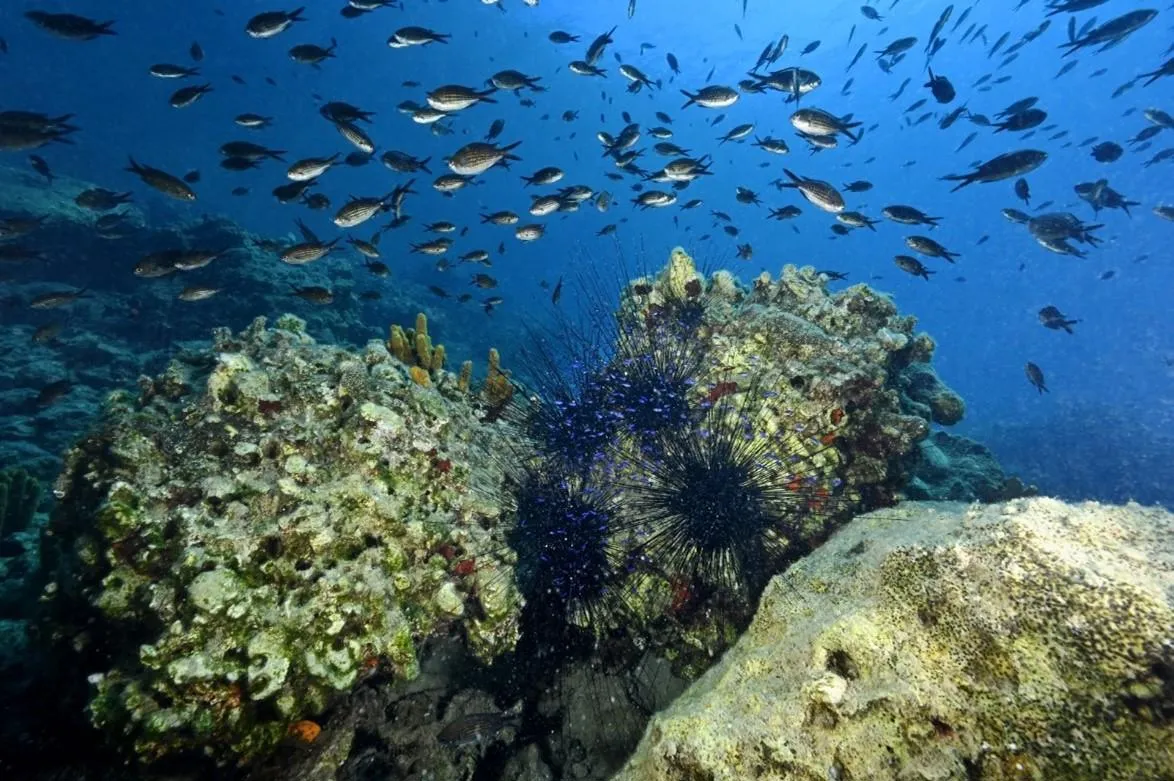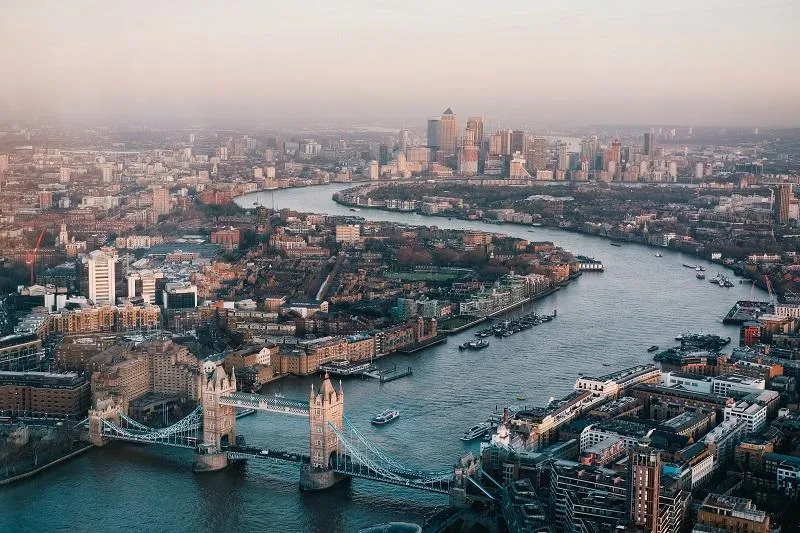10 July 2024
COMMENT: A ban on plastic wet wipes may lead to more river pollution, not less
By Dr Randa Kachef, Lecturer in Geography
Dr Randa Kachef argues that a ban would do little to address the full environmental impact of wet wipes on water security.

The UK government recently announced a plan to ban plastics from wet wipes, causing my fellow river activists to release a collective sigh of relief. However, although a general election has put the idea on hold for now, and it’s not clear if an incoming Labour government would adopt the same policy, I predict that such a “win” would actually make the problem of river contamination worse.
The reason for this is one of public perception. By eliminating what many believe is the problem with wipes – plastic – I suspect we would not only see a spike in sales, but an increase in flushed wipes. This is because people would be reassured that buying and using wipes is safe. Framing them as plastic-free and biodegradable sends a message that it’s ok to flush wipes. The truth is it isn’t – mainly because the release of microplastics is only one of the many negatives associated with wet wipes in sewage systems and rivers.
A key reason people use wet wipes is that they are much more durable than standard tissues – mostly to avoid the potential for a finger to stick through when cleaning up a mess. Biodegradable or flushable wipes are typically made up of nonwoven cellulose fibres from organic sources such as wood and cotton. This in theory seems harmless, but the very nature of durability means that regardless of whether they contain plastic or not, they will not break down easily.
Imagine for instance a fallen tree. Although it is technically biodegradeable, it can still block a road or river as it slowly decomposes – it doesn’t simply disappear once it hits the ground. This same durability can lead to unseen consequences, including sewage blockages.
Wipes get caught up in many stages of the sewage system, mostly in filtering screens and in pipe bends. These trapped wipes collect other things people shouldn’t be flushing, including condoms and grease or fat, creating solid masses in the sewage system that produce toxic and highly explosive gases as they rot underground.

This is a worldwide problem, with blockages reported everywhere from Canada to Australia. In the UK, where I live, Thames Water alone spends up to £100 million a year clearing up these blockages, where wet wipes make up 90% of the blockage material. Aside from these costs slowly being reflected in ever increasing water bills, blockages lead to reduced holding capacity. This means more sewage, and wet wipes, are dumped directly into rivers without treatment – a very serious problem.
Once wipes enter the river system they cause a whole new set of issues. In wet wipe production a range of chemicals are added to increase durability, soften the texture and make them antibacterial. These chemicals stay on the wipes long after they are flushed and are toxic to fish and other river critters. Because wipes are heavier, they sink to the bottom of rivers, and stick together creating huge wet wipe mounds up to a meter in height. These mounds disrupt the natural flow of the river, trapping sediment and increasing the risk of flooding.
Generally, biodegradation is a very long process – hundreds of years – but to further confound the issue, one of the chemicals that is present in wipes is specifically targeted at reducing degradation, ensuring that they have a long shelf-life. For wipes to biodegrade they need to be in a warm environment, and be exposed to air and sunlight. With an average yearly temperature of around 12°C, any biodegradable materials trapped in the sediment of the Thames are very well preserved – I once found an entire Victorian leather shoe on the Thames foreshore.
A similar example of misguided reassurance is the introduction of cigarette filters in the late 1950s. Filters were a marketing initiative to address declining sales due to rising health concerns. By framing the filter as a means to make cigarettes “safer” sales rebounded and labels of “light”, “natural” or “mild” cigarettes are responsible for reducing perceptions of risk – a deadly way of convincing the public that this is a healthier way to keep up the habit.

Just to clarify, this isn’t just an environmental issue. The UK needs clean rivers because they are its primary source of drinking water, and they are already under pressure from climate change and increased drought. The country’s Environment Agency warns that London could run out of water within 25 years – it simply cannot afford to contaminate what little resources remain.
The UK flushes 7 million wet wipes every day, and although eliminating plastics from their production does stop the flow of microplastics into rivers, it does nothing to address the wider problems of sewage and the contamination of drinking water resources. In reality, by selling them as safe, people are going to buy and flush more of them, because the impression is that this won’t have an environmental impact.
Initiatives like this plastic ban are prioritised as they develop the impression of progress in the short term. In reality they can act as pacifiers and do little to address the full environmental impact across the whole lifecycle of products that are labelled as safe. Unfortunately, this short-sightedness comes at the detriment of water security, ultimately making the problem worse despite the public thinking they are helping the cause.
This article is republished from The Conversation under a Creative Commons license. Read the original article



